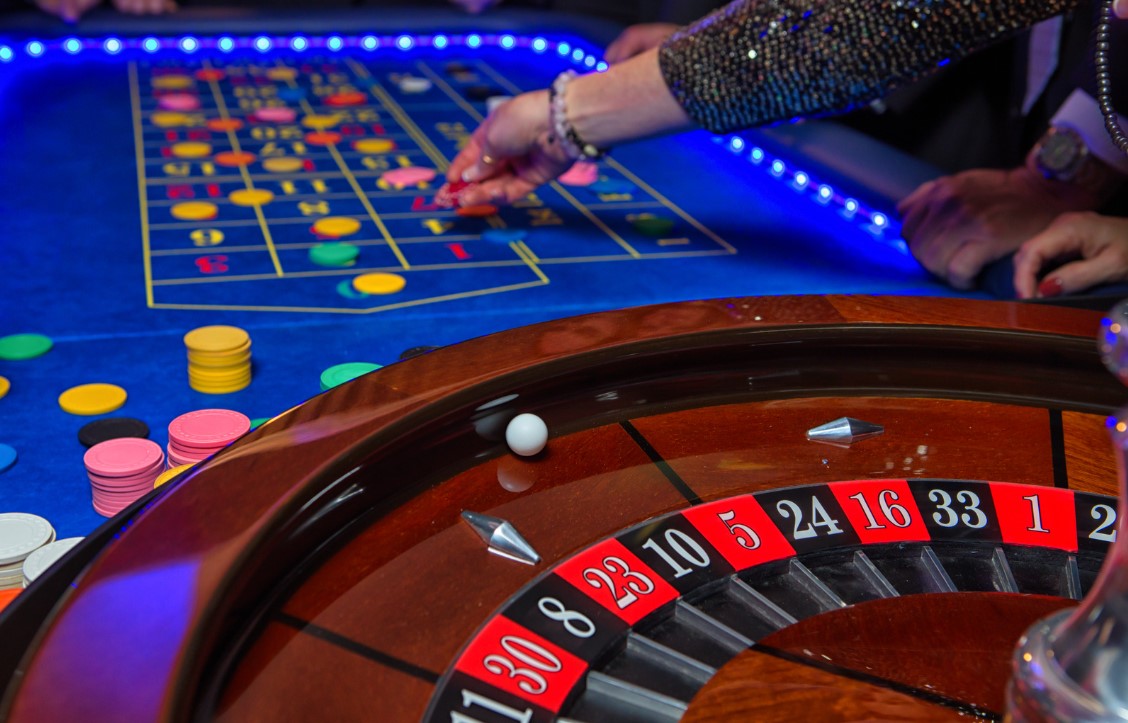Last Updated on August 29, 2024

Roulette, one of the most iconic casino games, is steeped in a rich tapestry of superstitions that many players believe can influence their luck or the outcomes of their bets. These beliefs, while often unfounded in reality, add an intriguing layer of mystique to the game. Here’s a look at some of the most prevalent superstitions that surround the roulette table.
Lucky Numbers and Rituals
Lucky Numbers
Many players have personal lucky numbers, often tied to significant life events like birthdays or anniversaries. The number seven, for instance, is particularly revered, widely regarded as a symbol of good fortune in various cultures. Players may consistently bet on these numbers, hoping they will bring them luck.
Charms and Rituals
It’s not uncommon to see players bringing lucky charms, such as a rabbit’s foot, or engaging in specific rituals before placing their bets. Some might wear a particular piece of clothing or tap the table a certain number of times, believing these actions will enhance their luck. While these practices have no statistical impact on the game, they are deeply ingrained in the culture of gambling.
Hot and Cold Numbers
Hot Numbers
A popular superstition is the belief in “hot numbers,” or numbers that have appeared frequently in recent spins. Some players are convinced that these numbers are on a streak and are more likely to come up again, prompting them to place their bets accordingly.
Sleeping Numbers
On the flip side, “sleeping numbers” are those that haven’t appeared in a while. Many players think these numbers are “due” to win, reflecting a common misunderstanding of probability. In reality, each spin is independent, and previous outcomes do not influence future results.
Betting Patterns Based on Previous Spins
Another widespread belief is that the outcome of previous spins can influence future results. For example, a player might bet on red after a series of black results, thinking that red is more likely to appear next. This is rooted in the gambler’s fallacy, the erroneous belief that past events can affect the likelihood of future outcomes in a game of chance like roulette.
Superstitions About the Dealer and the Wheel
Some players hold the belief that dealers can somehow control the outcome of the game, perhaps by manipulating the wheel or the way the ball is released. This notion is more rooted in paranoia than in reality, as modern casinos are highly regulated environments where such manipulation is virtually impossible.
Color Superstitions
The color red, particularly in Asian cultures, is often seen as a symbol of good luck. As a result, some players may favor red bets over black, even though the odds of winning are exactly the same for both colors. This superstition highlights how cultural beliefs can influence betting behavior.
Emotional and Psychological Superstitions
Many players believe that their emotional state can impact their luck. For instance, they might think that feeling confident or “lucky” will improve their chances of winning. Actions like blowing on the roulette ball or crossing their fingers are common practices aimed at invoking good fortune, even if these gestures have no real effect on the game.
Avoiding Certain Actions
There are also superstitions centered around avoiding certain actions that are believed to bring bad luck. For example, some players avoid counting their chips at the table, fearing it might lead to losses. Others might avoid entering the casino through the front door, believing it carries the bad luck of previous players.
Conclusion
While roulette superstitions can add an element of fun and personal belief to the game, it’s crucial to remember that roulette is, at its core, a game of chance. Each spin of the wheel is independent, and no amount of superstition can alter the underlying probabilities. Players should enjoy these beliefs for what they are—colorful traditions—while maintaining a rational approach to their betting and gameplay.
